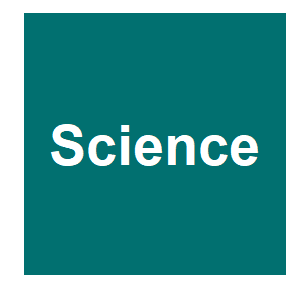Global citizen deliberation on genome editing

|
J. S. Dryzek, D. Nicol, S. Niemeyer, S. Pemberton, N. Curato, A. Bächtiger, P. Batterham, B. Bedsted, S. Burall, M. Burgess, G. Burgio, Y. Castelfranchi, H. Chneiweiss, G. Church, M. Crossley, J. de Vries, M. Farooque, M. Hammond, B. He, R. Mendonça, J.,
Science,
369:1435.
2020.

Genome editing technologies provide vast possibilities for societal benefit, but also substantial risks and ethical challenges. Governance and regulation of such technologies have not kept pace in a systematic or internationally consistent manner, leaving a complex, uneven, and incomplete web of national and international regulation (1). How countries choose to regulate these emergent technologies matters not just locally, but globally, because the implications of technological developments do not stop at national boundaries. Practices deemed unacceptable in one country may find a more permissive home in another: not necessarily through national policy choice, but owing to a persistent national legal and regulatory void that enables “ethics dumping” (2)—for example, if those wanting to edit genes to “perfect” humans seek countries with little governance capacity. Just as human rights are generally recognized as a matter of global concern, so too should technologies that may impinge on the question of what it means to be human. Here we show how, as the global governance vacuum is filled, deliberation by a global citizens’ assembly should play a role, for legitimate and effective governance. More related to this: National Academies hit the brakes on gene drive-modified organisms Mapping research and governance needs for gene drives Editing nature: Local roots of global governance Global Governing Bodies: A Pathway for Gene Drive Governance for Vector Mosquito Control
|



